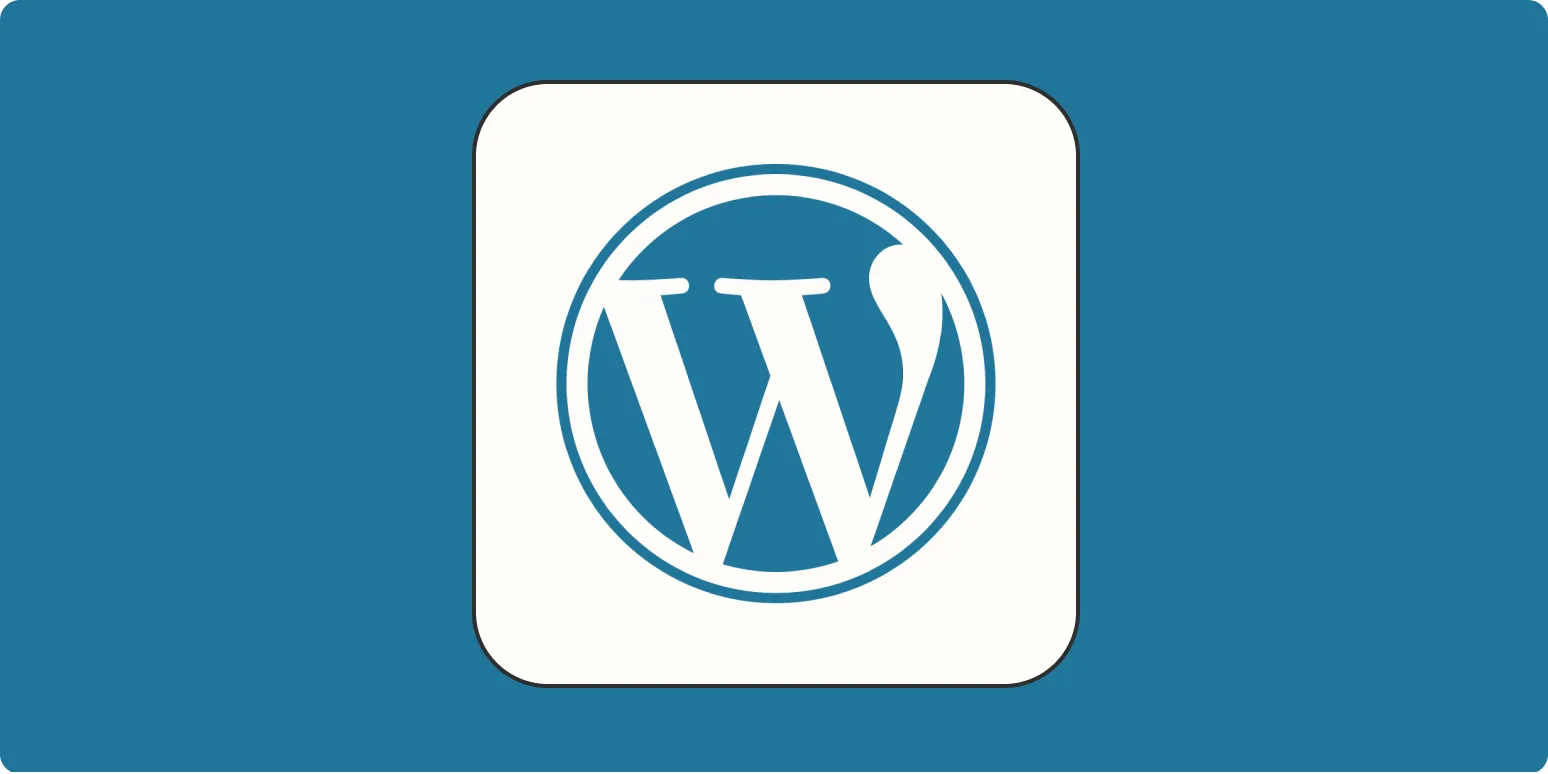When it comes to building an online store, WooCommerce and Shopify are two of the most popular platforms available today. Each has its own unique features and benefits, making them suitable for different types of businesses. In this article, we will compare WooCommerce and Shopify to help you decide which eCommerce website builder is best for your needs in 2025.
Overview of WooCommerce and Shopify
WooCommerce is a free WordPress plugin that transforms your website into a fully functional eCommerce store. It's an excellent choice for those who are already using WordPress and want to add eCommerce capabilities. On the other hand, Shopify is a dedicated eCommerce platform that provides everything you need to set up and manage an online store, without requiring extensive technical knowledge.
Key Features Comparison
To better understand how WooCommerce and Shopify stack up against each other, let’s compare their key features. The table below outlines some of the main functionalities of each platform:
| Feature | WooCommerce | Shopify |
|---|---|---|
| Ease of Use | Requires basic WordPress knowledge | User-friendly with intuitive interface |
| Customization Options | Highly customizable with themes and plugins | Limited customization but offers plenty of themes |
| Payment Gateways | Supports multiple gateways with no extra fees | Standard payment gateways with transaction fees |
| SEO Capabilities | Excellent SEO features with plugins | Good SEO tools built-in |
| Pricing | Free, but costs for hosting and add-ons | Monthly subscription fee with tiered pricing |
Cost Analysis
Understanding the costs associated with each platform is vital for making a decision. WooCommerce is free to install, but you will incur costs for web hosting, domain registration, and premium themes or plugins. On average, you can expect to spend anywhere from $200 to $500 annually depending on your hosting provider and additional features.
In contrast, Shopify offers several pricing plans ranging from $29 to $299 per month in 2025. Each plan comes with different features, such as the number of staff accounts and advanced reporting. While Shopify’s upfront costs may be higher, it includes hosting and security, making it a straightforward option.
Scalability
Scalability is crucial for growing businesses. WooCommerce can handle an unlimited number of products and categories, making it suitable for larger stores. However, as your store grows, you may need to invest more in hosting and optimization.
Shopify also supports scalability with its various pricing tiers and app ecosystem. You can easily upgrade your plan as your sales increase. Shopify’s infrastructure is designed to handle high traffic volumes, ensuring your store remains operational even during peak times.
Support and Community
When it comes to customer support, both platforms offer different types of assistance. WooCommerce relies on community forums, documentation, and third-party support options. While the community is vast and knowledgeable, finding specific help can sometimes be challenging.
Shopify, on the other hand, provides 24/7 customer support via live chat, email, and phone. Additionally, Shopify has an extensive library of tutorials and documentation, making it easier for users to find solutions to their issues quickly.
Final Thoughts: Which is Best for You?
The choice between WooCommerce and Shopify ultimately depends on your business needs and technical skills. If you are already familiar with WordPress and want complete control over customization, WooCommerce may be the right choice. It is ideal for businesses that require extensive features and scalability without worrying about monthly fees.
Conversely, if you prefer a hassle-free setup with reliable support and don't mind paying a monthly fee, Shopify is an excellent option. Its user-friendly interface and built-in features make it suitable for those who want to focus on running their business rather than dealing with technical issues.
Conclusion
As we move into 2025, both WooCommerce and Shopify continue to evolve, offering businesses powerful tools to succeed in the eCommerce landscape. Consider your specific needs, budget, and technical abilities when making your choice. Whichever platform you choose, both WooCommerce and Shopify can help you create a successful online store.





